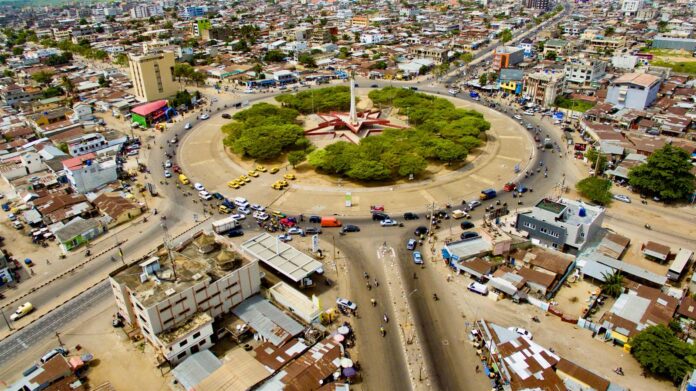After growth of 3.8% in 2020, compared to the contraction observed at the African level, in the context of a global health crisis, the country experienced an improvement in 2021 with a rate of 7.0%, testifying to a strong recovery in economic activity, supported by the continuation of infrastructure projects, the start of work on the Niger-Benin oil pipeline and cotton production which reached a new record at 728,000 T of seed cotton for the 2020 campaign- 2021.
In 2022, the conflict in Ukraine generated inflation which affected, among other things, the sectors of petroleum products, agricultural inputs, and foodstuffs.
For several years, Benin has opted for a review of the governance of the agricultural sector as well as the improvement of the management of public finances and the business climate, with convincing results, even if much remains to be done.
To ensure the sustainability of its growth, the country will have to work to improve its resilience to external shocks, as well as the vulnerabilities linked to its growth model, especially because of its dependence on exports of unprocessed agricultural products (cotton, cashew nuts) and the re-export of imported goods and commodities (used cars, rice, etc.) to Nigeria.
While public debt has seen a slight increase, going from 46.1 in 2020 against 47.2 in 2021, the risk of over-indebtedness nevertheless remains very moderate – recently rated B+ with stable outlook by Fitch Ratings.
The relatively stable political situation in Benin should help the government achieve the economic objectives set.
As a reminder, in 2020, Benin received additional funding of $50 million from the World Bank to help the country mitigate the impact of the health crisis.





